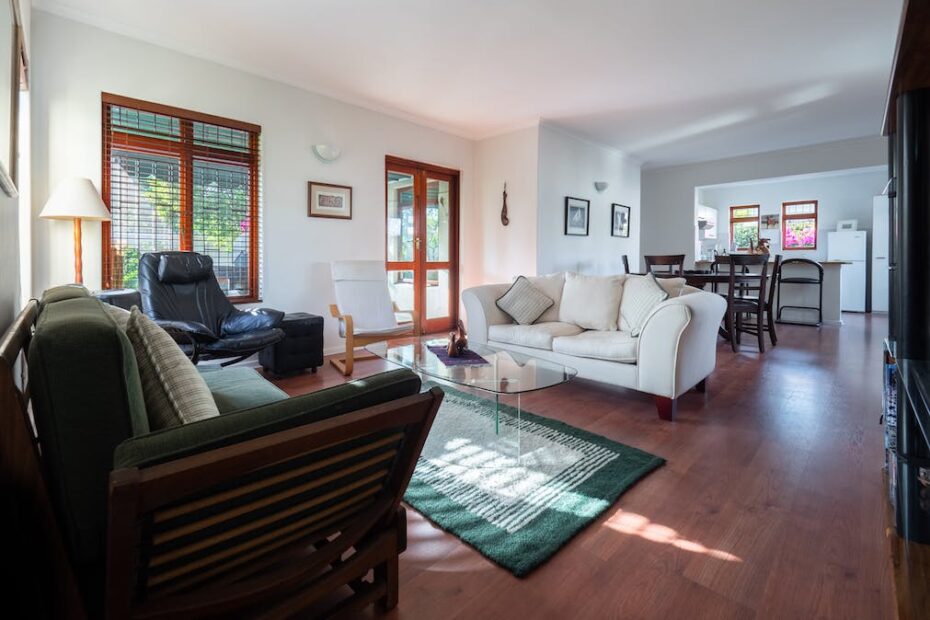Buying a home is a significant milestone, and one of the most crucial steps in this process is the home inspection. Once you receive the inspection report, it’s important to thoroughly review it and decide which repairs or issues need to be addressed before closing the deal. Negotiating repairs after a home inspection can be a delicate process, but with the right approach, you can ensure a smooth resolution. Here are some essential dos and don’ts to keep in mind when negotiating repairs after an Eastpointe home inspection.
- Do Prioritize Essential Repairs: Begin by identifying the repairs that are crucial for your safety, structural integrity, or the functionality of the property. Focus on issues that pose potential risks or significantly impact your daily life. These repairs should be your top priority during negotiations.
- Don’t Sweat the Small Stuff: While it’s important to address any significant issues, remember that not every minor repair should become a negotiation point. Keep in mind that no home is perfect, and minor cosmetic or easily fixable issues can often be handled after the purchase.
- Do Consult with Professionals: Seek advice from qualified professionals, such as contractors or real estate agents, who can provide accurate estimates and guide you through the negotiation process. Their expertise will help you make informed decisions and negotiate effectively.
- Don’t Make Unrealistic Demands: Be reasonable and realistic when requesting repairs. Understand that sellers are not obligated to fix everything, and demanding excessive repairs may lead to a stalemate or even derail the entire deal. Focus on issues that truly matter and find a middle ground.
- Do Communicate Clearly and Respectfully: Maintain open lines of communication with the seller or their agent throughout the negotiation process. Clearly articulate your concerns, provide supporting evidence from the inspection report, and remain respectful and professional. A cooperative approach can often lead to a more successful outcome.
- Don’t Forget to Consider Alternatives: If the seller is unwilling to make certain repairs, explore alternative options. For instance, you could negotiate a price reduction or request a seller’s concession to cover the cost of repairs. Flexibility and creativity can help find mutually beneficial solutions.
- Do Request Re-inspection: After repairs are agreed upon, consider scheduling a re-inspection to ensure that the agreed-upon work has been completed satisfactorily. This step will provide you with peace of mind and assurance that the property is in the desired condition.
Navigating negotiations after a home inspection can be challenging, but by following these dos and don’ts, you can increase your chances of reaching a fair resolution. Remember, the goal is to protect your investment and ensure a safe and comfortable home for you and your family.
